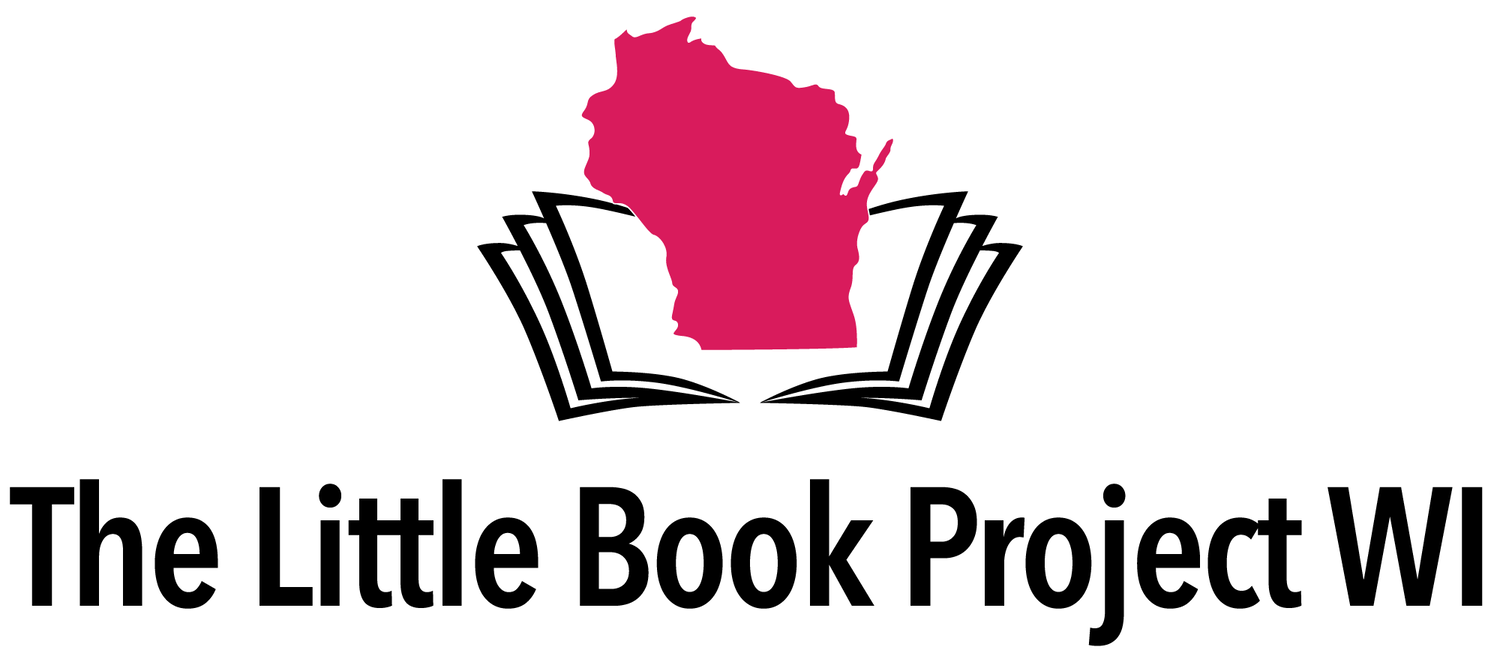Artist Profile: Mandy Tu
Mandy Moe Pwint Tu is a writer and a poet from Yangon, Myanmar. Her work has appeared or is forthcoming in POETRY, Guernica, Beloit Poetry Journal and elsewhere. She is the Hoffman-Halls Emerging Artist Fellow at the Wisconsin Institute for Creative Writing and is the author of two poetry chapbooks, MONSOON DAUGHTER (Thirty West Publishing House, 2022) and UNSPRUNG (Newfound, 2023).
1) What is one of your first memories of writing what you felt was a poem?
The first poem I wrote that truly made me feel like I needed to be a poet was titled “Lone Wolves.” I wrote it during the summer of 2009, when my brother and I were visiting our father in Kathmandu, Nepal. It was about two lonely, misunderstood souls who found and then subsequently lost each other as well as the impact that the people we love leave on us, long after they’re gone. I’d written poems before, but this was the first poem where I’d felt like I’d tapped into the divine: writing it changed something in me. I started taking poetry a lot more seriously after that. I think I posted it in some corner of the internet that I’ve long since forgotten about, but I still get messages on my website from high school students about how to interpret that poem — so I guess fourteen-year-old me was onto something there.
2) Who are 2-3 inspirations that have supported (or challenged) your growth and artistic process in the past several years?
Since the revolution in my home country of Myanmar, I’ve gone through all the stages of grief a thousand times over, for myself and for everyone still hurting in the world. Getting to write, workshop and learn with my MFA cohort here at UW-Madison — Megan Kim, Aurora Shimshak, Renee Lepreau, and Caleb Parker — has been invaluable for my own artistic growth. I’ve learned so much from each of them. Their support has allowed me to delve deep into the recesses of my psyche and invent new ways to write about the things that matter most to me; to process rage, grief, and glimmers of joy; and to lean into them whenever I could.
3) How do you find balance or manage the work you do on the page — which often threads on history and loss — without getting stuck in that past?
The past isn’t a static thing, contrary to what I was taught in school. Every historical event that has occurred — whether on a global, national, or personal scale — always, always has repercussions that we feel in the present. So when I draw on history in my work, I’m always cognizant about its impact today: how it’s landing in my body, how I’m responding to it. And since life, in spite of it all, goes on, I can’t afford to stay stuck in the past when there’s work to be done right now. Poetry is a large part of how I approach then do that work of navigating what it means to live and write in a burning world.
4) What are 2-3 exhibitions, concerts, books and/or book talks, spoken word events and/or films you're hoping to check out this late fall/ early winter in Wisconsin or virtually?
I’m really excited to check out the Legacy of Emily Dickinson events from the LunART Festival at the Art+Literature Laboratory this December 14-15. I’m also looking forward to reading the short story collections from fiction fellows at the Wisconsin Institute for Creative Writing: The Sorrows of Others by Ada Zhang and Call and Response by Gothataone Moeng.


